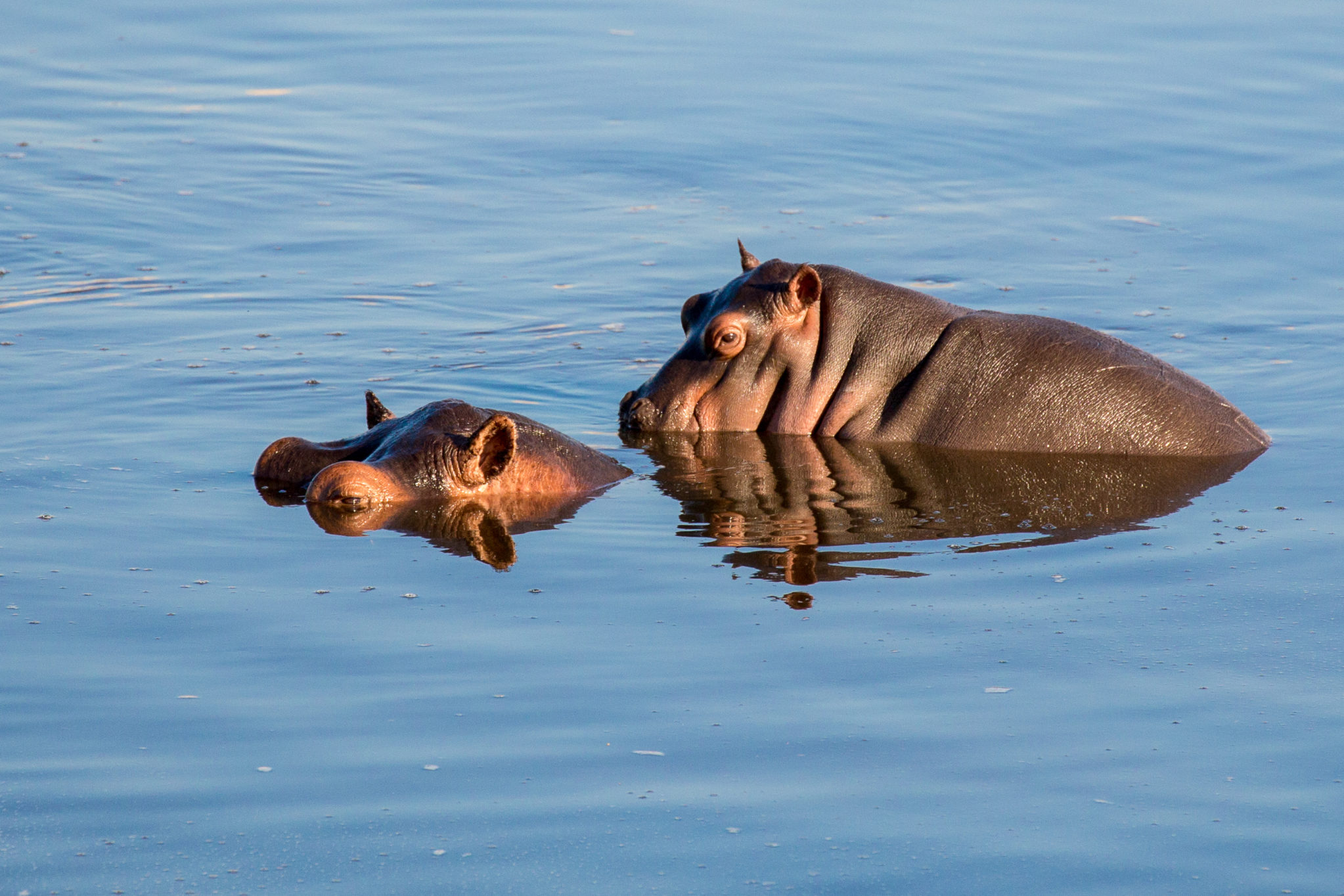Top tips for staying fever-free on holiday
In some parts of Africa there’s a risk of contracting malaria or yellow fever. Here’s a quick rundown of these two diseases and what you can do to avoid them.
Malaria at a glance
- Malaria is a blood disease caused by the Plasmodium parasite
- It’s transmitted from person to person by one type of mosquito only – the female Anopheles mosquito
- She primarily bites between 9pm and 5am, which is why sleeping under a mosquito net is so important
- Symptoms – which include fever, headaches and vomiting – generally develop between 10 days and four weeks after infection, but you may feel ill as early as seven days later
The best ways to prevent malaria
Before you depart:
- See your GP or specialist travel doctor to get a prescription for anti-malaria tablets
- Take your tablets exactly as per your doctor’s instructions and be sure to finish the entire course – do not stop early
- Take tablets with food and water to decrease any risk of side effects
- Before you depart, treat your clothing with Permethrin – a synthetic insecticide that repels insects and mosquitoes
During the day:
- Wear long-sleeved, light-coloured clothing
- Apply sunscreen first and then wait 20 minutes before applying insect repellent
- Apply DEET (30% strength or higher) or Picaridin insect repellent and reapply regularly
At night:
- Check your room for mosquitoes
- Even if you don’t see any, we recommend you spray your room with the bug spray that your camp or lodge will have provided
- Also apply an insect repellent such as Peaceful Sleep directly to your body and clothing
- We also recommend you give your bedspread a good spray as well
- Sleep under a mosquito net or in a room that’s fully screened
- If you sleep out under the stars, be sure to wear clothes that cover your entire body, apply spray and sleep under a mosquito net
Scroll down for more

Yellow fever at a glance
- Yellow fever is a viral disease transmitted to humans primarily by mosquitoes from the Aedes and Haemagogus species
- According to the Centers for Disease Control and Prevention, there are three forms of yellow fever:
Jungle – The jungle (sylvatic) cycle involves transmission of the virus between non-human primates (e.g., monkeys) and mosquito species found in the forest canopy. The virus is transmitted by mosquitoes from monkeys to humans when humans are visiting or working in the jungle
Savannah – In Africa, an intermediate (savannah) cycle exists that involves the transmission of virus from mosquitoes to humans living or working in jungle border areas. In this cycle, the virus can be transmitted from monkey to human or from human to human via mosquitoes
Urban – The urban cycle involves transmission of the virus between humans and urban mosquitoes, primarily Aedes aegypti. The virus is usually brought to the urban setting by a viremic human who was infected in the jungle or savannah
- As a first-world person travelling to a third-world continent, your risk of contracting yellow fever is low if you take the necessary precautions
The best ways to prevent yellow fever
- Yellow fever is completely preventable. The vaccine is safe and almost 100% effective
- The yellow fever vaccination is recommended for anyone aged nine months and over. It is not suitable for babies
- Please seek medical advice about yellow fever vaccination from your GP or specialist travel doctor, as individual medical circumstances differ. Some people (e.g.pregnant women; anyone who’s immune-compromised) cannot have the vaccination. If this is the case for you, you’ll need a letter from your healthcare practitioner. It will need to be on the letterhead of your registered travel clinic or general practitioner, and bear an original signature of your practitioner – photocopies are not allowed
- Of the countries we cover at Encompass Africa, it’s compulsory to have a yellow fever vaccination if you’re travelling to Ethiopia, Kenya, Tanzania, Uganda or Rwanda
- You’ll need to have the vaccination a minimum of 10 days prior to entering any country that requires it. Failure to provide proof of this could result in you being denied entry into that country
- Even if you’re only transiting airports in these countries you’ll be required to show proof of your yellow fever vaccination, regardless of the amount of time you’ll be spending at the airport